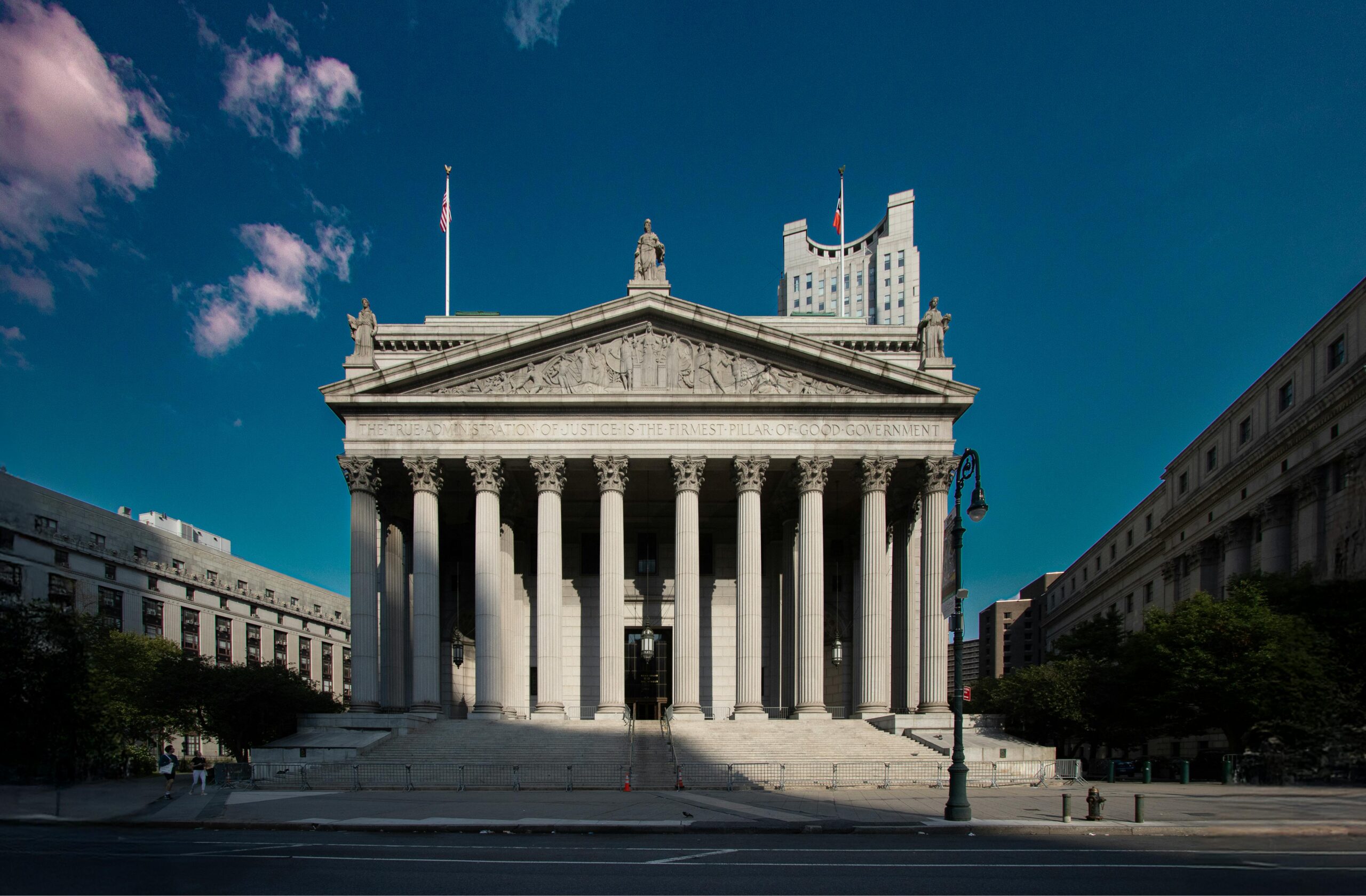The Paradox of Government
Do you remember that great quote from Ronald Reagan? “Government isn’t the solution; government is the problem.” Sounds right, doesn’t it? But it’s not right. There’s good and bad about government, but there’s a lot more good than bad, and I’m not sure we all appreciate that fact. I’d like to put a different perspective on it if you’ll bear with me.
Government in America is much more benevolent than evil, and it does far more good than bad, but most of us tend to notice its shortcomings rather than its benefits, and thus we judge it negatively, cursing its bureaucracies, its obligations (taxes, yuck!), its lack of passion and caring, its (seemingly) oppressive laws, its control over our lives, and our own inability to deal with it in any satisfying way.
But look what government—our form of government—has done for us over the years.
It has enabled capitalism, which more than anything else has powered our economy and enabled the creation of ever-increasing wealth and benefits. To be sure, that wealth and those benefits benefit some more than others, but still, that rising tide has lifted all boats…we’re all better off.
Our government tries, not always successfully, and always with inefficiency and mistake-ridden policies, to help the unfortunate. Social security, unemployment aid, food stamps, rent assistance, Medicare and Medicaid, and any number of other government programs try to help when people can’t help themselves. We’re always afraid that these efforts will break the bank, and there’s room for a lot of argument about that, but it hasn’t happened yet, and there’s evidence that it won’t.
Our government over the years is coming to its senses about human value and equality. The abolition of slavery, women’s rights, racial equalities, alternative forms of human relationships (LGBTQ etc.), ethnic and cultural differences, and much more, are recognized and protected, increasingly so as the generations roll on. Individual people tend to hang on to their prejudices, but our government—maybe too slowly, maybe erratically, maybe with imperfect execution, but inevitably—moves us toward greater and greater justice for all.
Government impacts us daily as we pay taxes, follow burdensome rules, fill out too many forms, deal with soulless bureaucrats, and watch politicians lie and show off to get attention. We distrust our government, and we’re reminded of our distrust daily, so the downside of government looms large in our awareness. We also notice the benefits of progress, but they rapidly become normal because we integrate them into our lives—they become routine, and therefore invisible. In other words, we’re constantly reminded of the costs and burdens of government, but not its benefits, so, naturally, we perceive government as a problem, even though it solves many more problems than it creates.
When government is the servant of the people, all is well. But when government of whatever size becomes the servant of something else…big business, a belief system, politicians or their parties, a religion, an individual leader…anything other than the people, then we’re headed for trouble.
I think we’re headed for trouble, and here’s why:
- Political parties have overwhelmed the three branches of government by replacing checks-and-balances with political power plays and by putting power- and status-hungry politicians in office instead of statesmen/women;
- We’re losing the Supreme Court. It’s becoming just another political operative, not the objective arbiter of justice it was designed to be.
- We’ve almost lost Congress. Both houses are battlegrounds for political parties, and springboards for ambitious, self-serving politicians.
- Big money plays a larger role in our government than We the People do.
- Religious dogma is beginning to impact policy, and separation of church and state is eroding.
- The free press has been reduced to entertainment and advocacy of political positions, rather than objective reporting. Ethical journalism is becoming a relic of the past.
- Large portions of our citizenry openly admire and advocate authoritarianism and want the nation to roll back some important rights. They would like something other than democratic principles to guide us as a nation.
Government should govern for progress and improved quality of life for all of us, but today it’s being perverted to other ends. It’s an enormous problem, and the politicians aren’t going to fix it. Big money isn’t going to fix it. Religious dogma isn’t going to fix it.
Only we can fix it…you and me. Only we can course-correct our nation back to the principles the Founding Fathers put in place two-and-a-half centuries ago. And the only way we can do that is to vote intelligently, which means we must pay attention. Stop voting for candidates who are in it mainly for themselves, even if we like them. Stop voting along party lines, because the parties themselves are in it for power, not progress. Stop voting for religious dogma, because dogma of any kind elevates ideas above people; we’re a nation of people, and nothing dogmatic serves all the people.
We have to think for ourselves, not attach ourselves to some political party just because it makes us feel good. If we’re truly independent thinkers, we’ll look at all factors open-mindedly and make decisions that are congruent with our needs. If we’re party loyalists, we won’t.
The paradox of government is that government serves us and controls us, but we also serve and control it. That’s the way it should be…balanced. But when balance is destroyed—which is what’s happening now—We the People suffer.
The bottom line is that government is a tool. Used properly, whatever its size, it’s a tool for good. If not, it’s a tool for evil. Let’s use it well.

